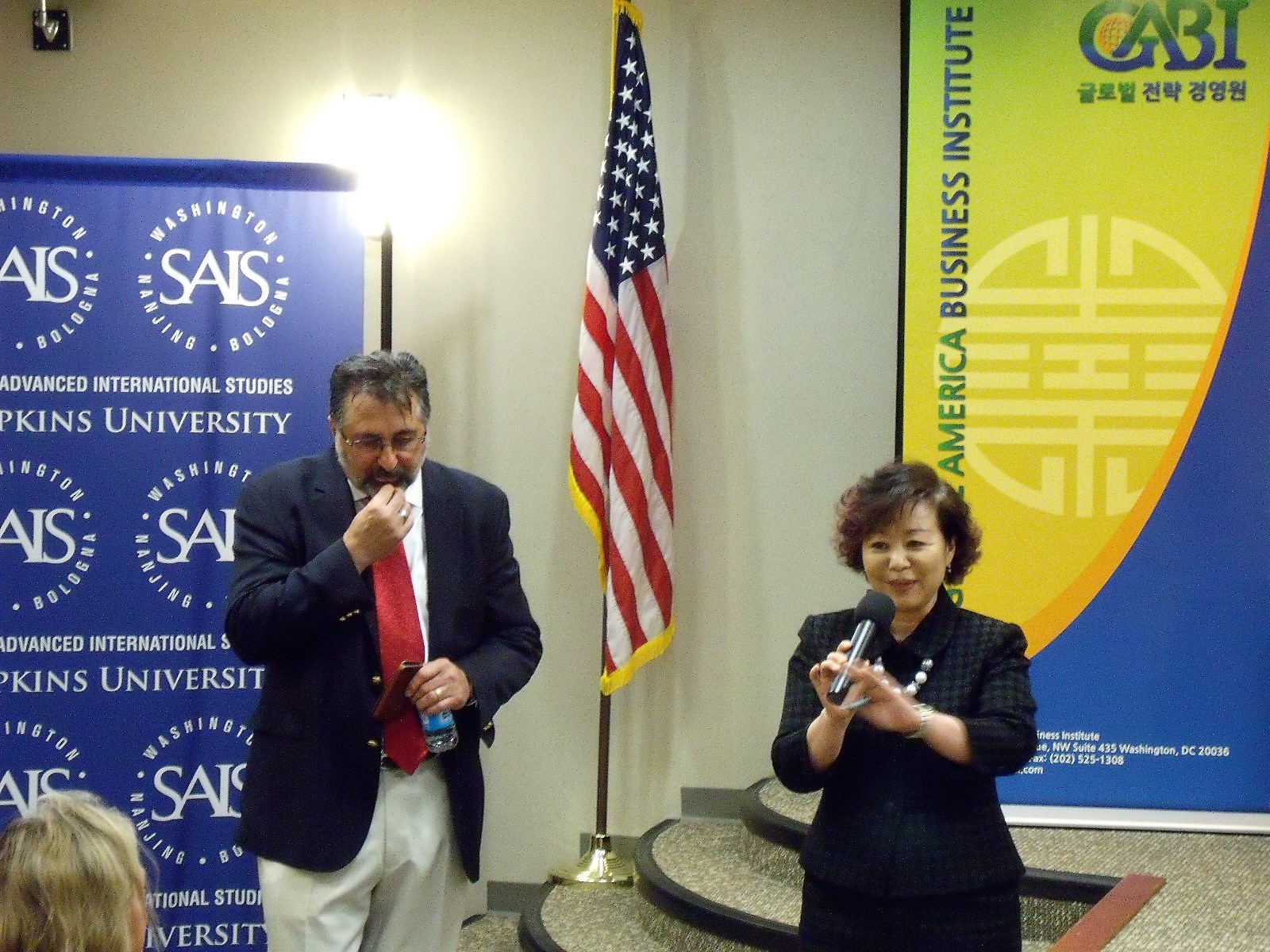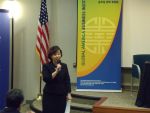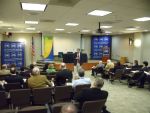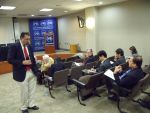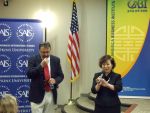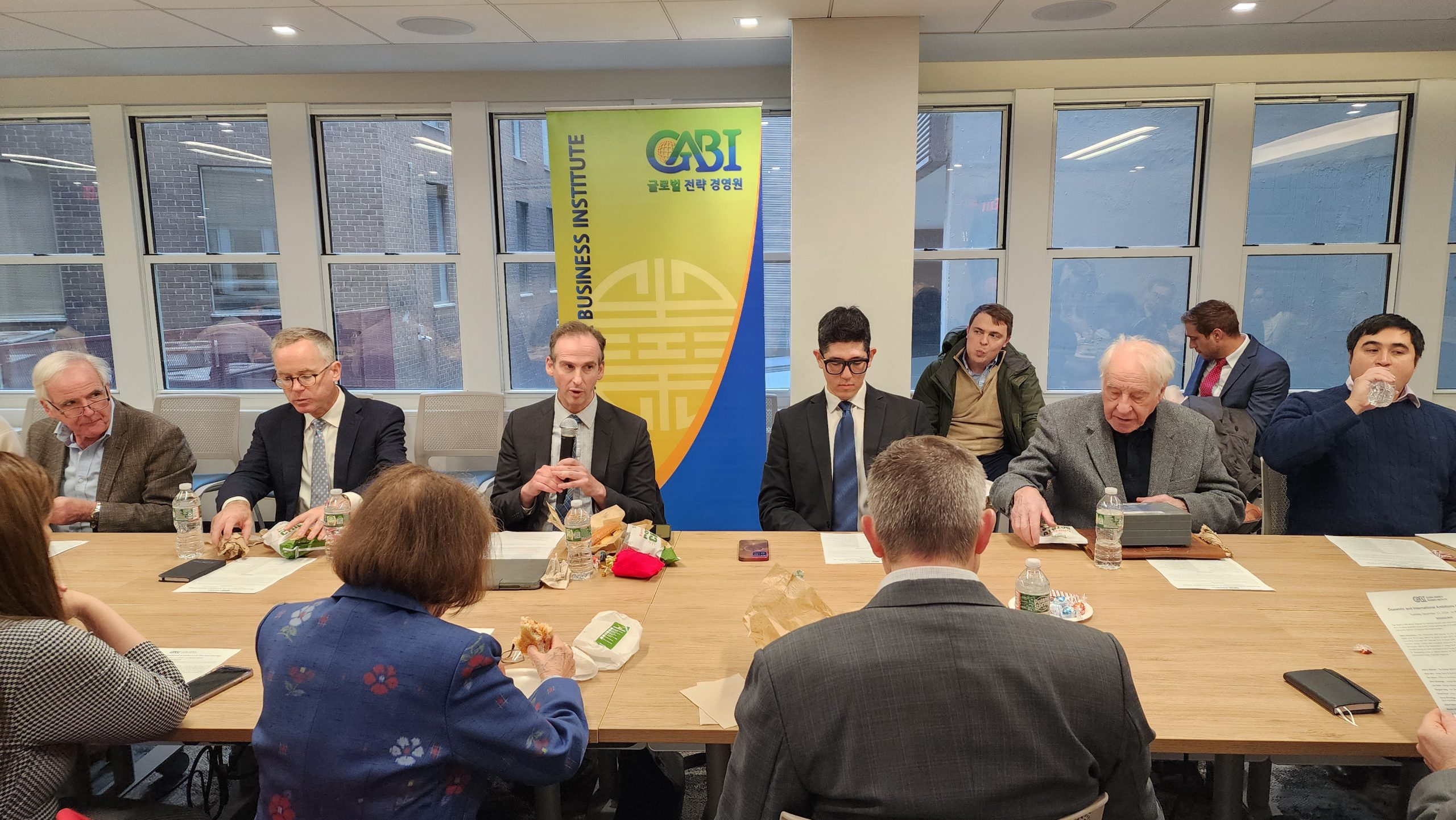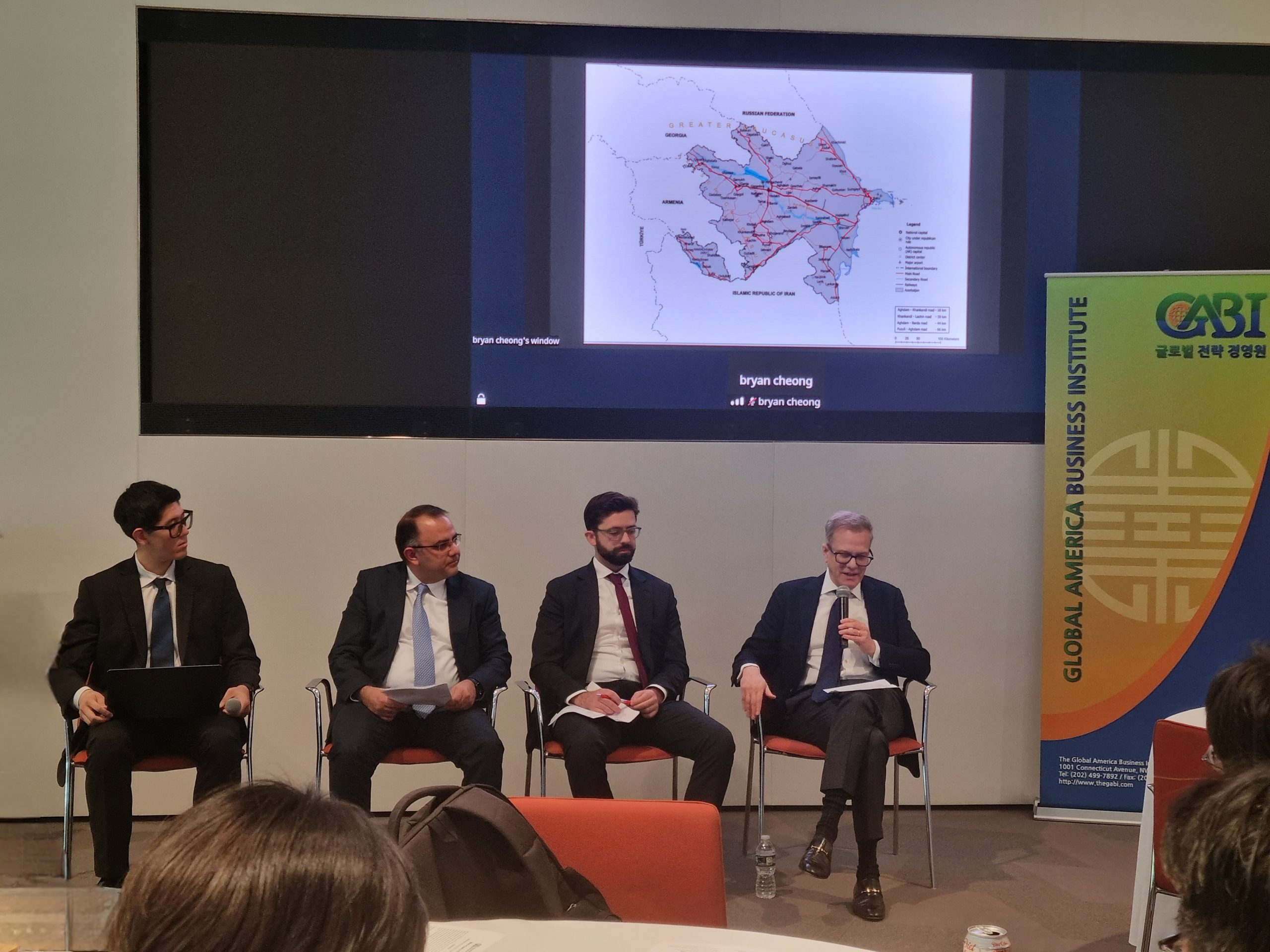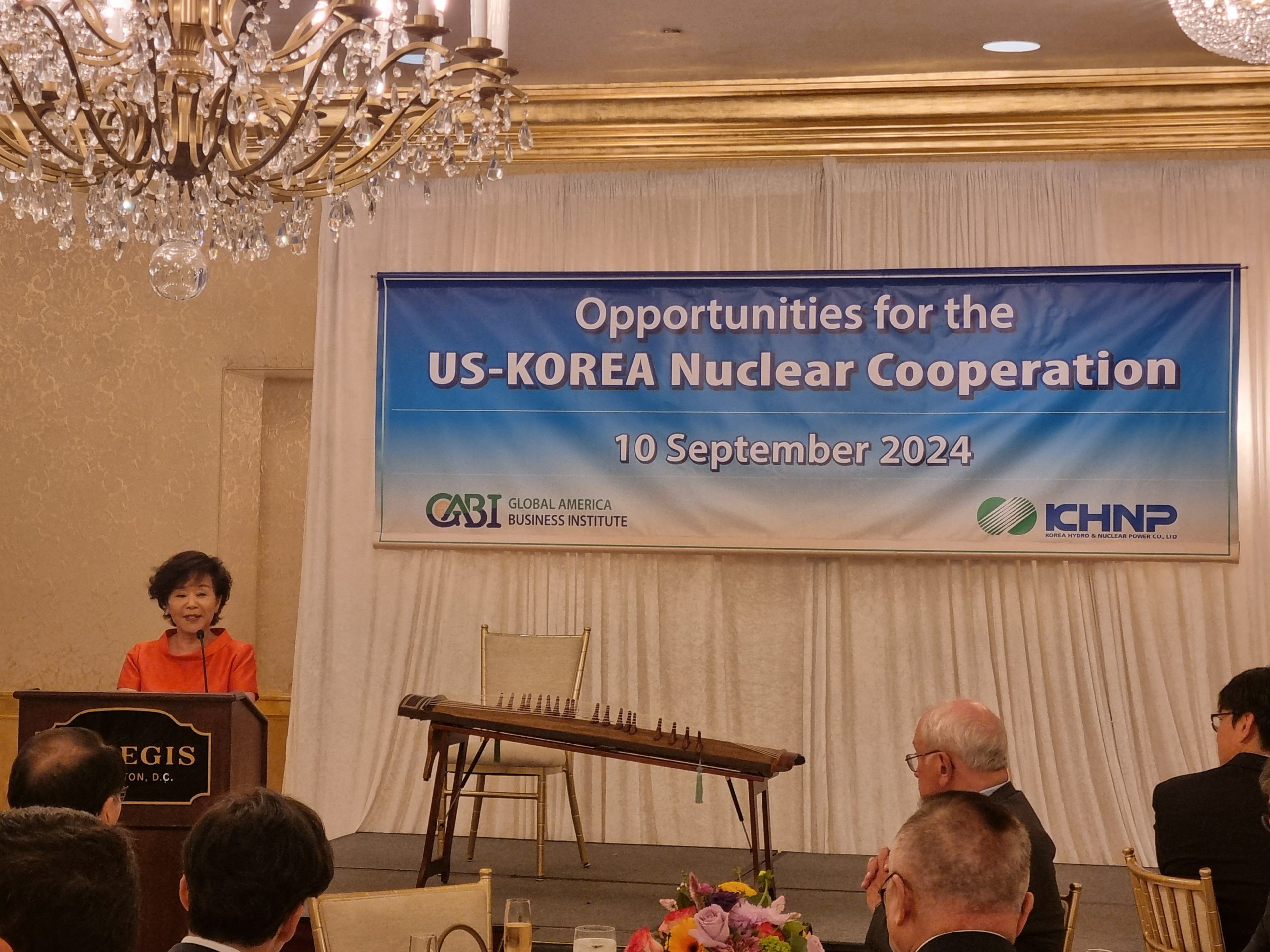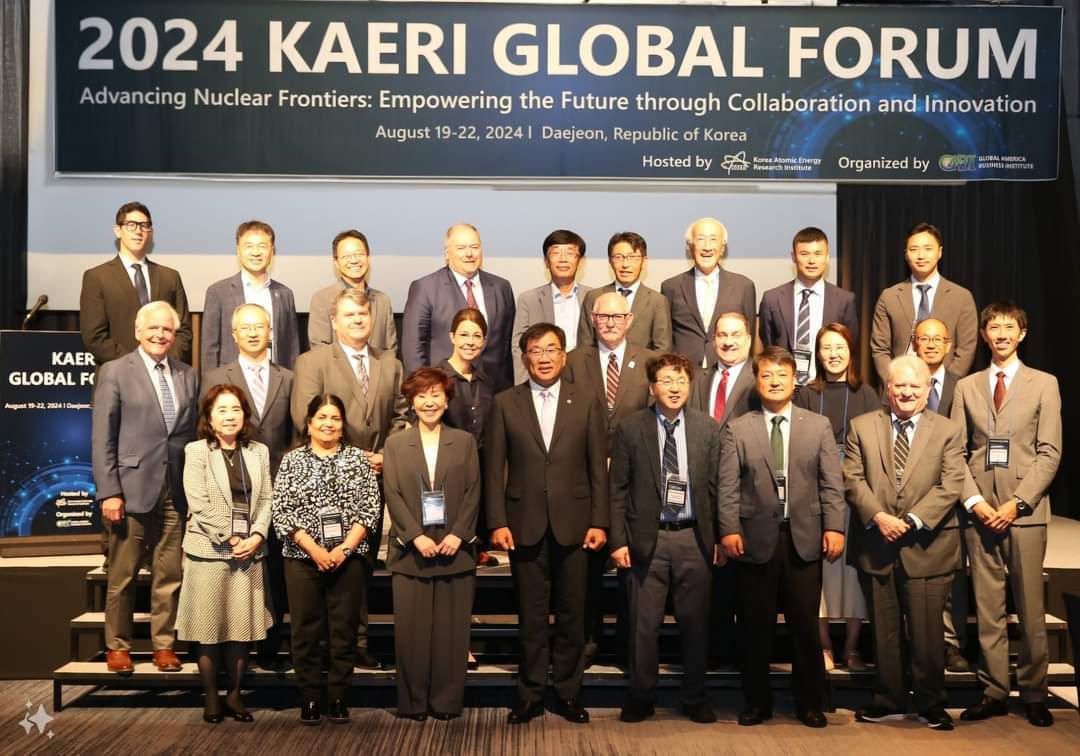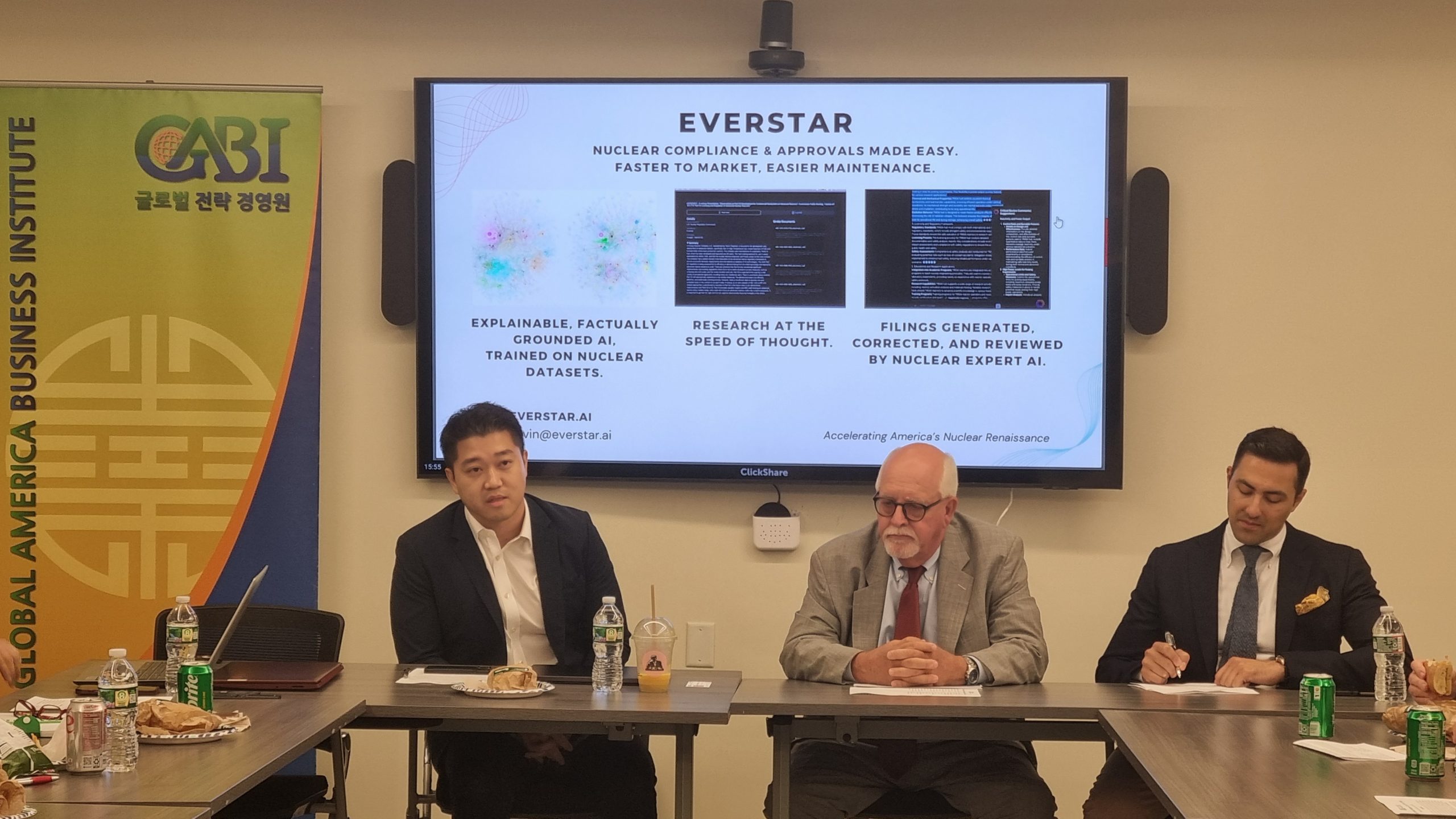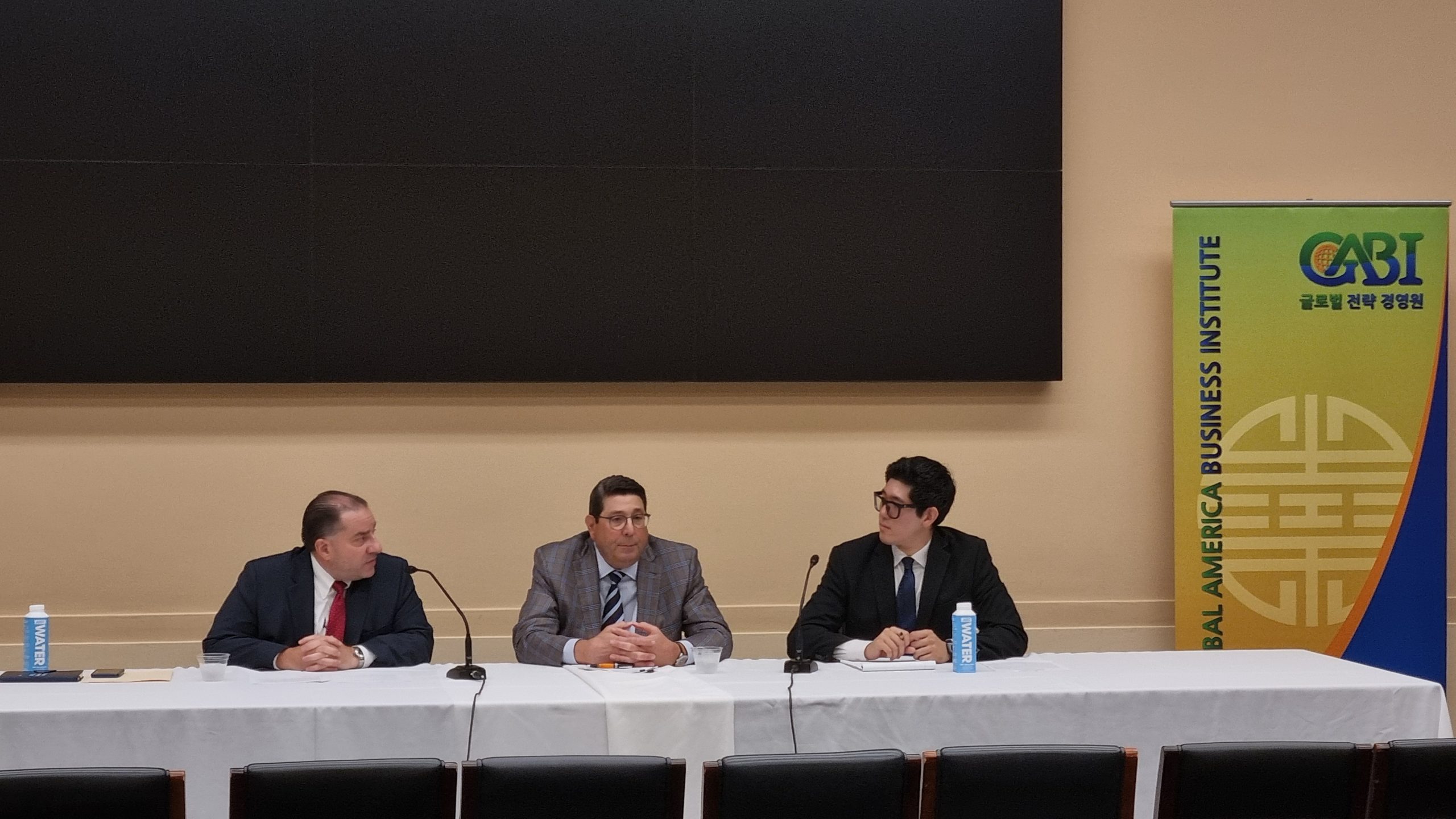Exelon is the largest gas and electric company in the United States and currently operates 25 nuclear power plants utilizing various reactors and technologies. Presently, Exelon is working with KEPCO and KHNP in order to improve safety and operations at Korean nuclear plants. However, in order for this critical industry relationship with Korea to continue, the US-ROK 123 must be renewed, and while a deal to implement a two-year extension may offer a temporary solution, the complicated Congressional procedures involved in approving such an extension suggest there is no guarantee that the agreement is extended. From the viewpoint of US nuclear firms, South Korea is not only a competitor, but a partner—the contract to build the UAE’s first nuclear reactors, won by a Korean consortium in 2009, provides enormous business opportunities for American companies as Korea utilizes US nuclear technology. A failure to continue the 123 agreement between the two countries would preclude US involvement in such lucrative projects. Furthermore, many countries currently negotiating 123 agreements with the US, including Saudi Arabia and Vietnam, have openly expressed interest in ultimately developing cradle-to-grave fuel cycle services. If the US is too strict in enforcing conditions upon its negotiating partners, these countries may simply opt for other nuclear suppliers, such as Russia or France. Failure to keep an active 123 agreement with the ROK creates friction in the bilateral relationship, limits US influence and involvement in international markets, and potentially harms America’s trade and nonproliferation agendas.

